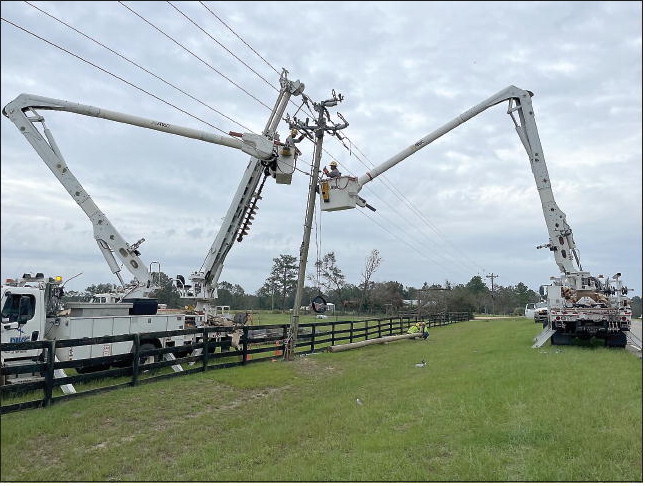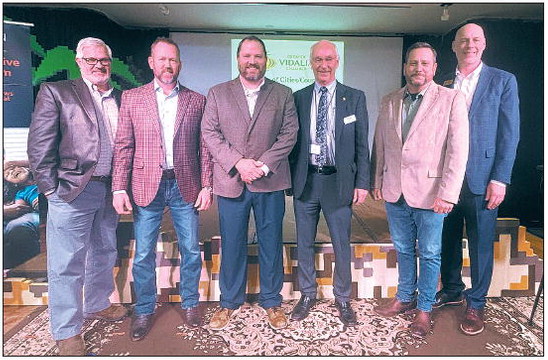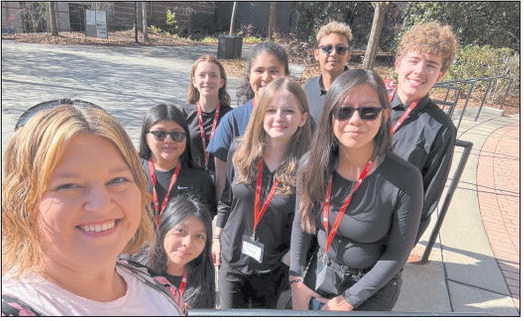Georgia EMC Answers Questions Regarding Power Restoration


mrandolphadvance@gmail.com
As power companies work to reconnect the area’s electricity, Georgia EMC has taken the time to answer some frequently asked questions about power restoration.
The state cooperative explained that to reconnect power to homes, the state’s transmission lines must first be cleared and reconnected then substations must be recharged. Once the substations are recharged, main distribution lines are reconnected, and finally, tap lines running to homes are repaired.
Because of the complexity of this process, power restoration has taken much longer than many would expect. As members wait to be connected, several questions have arisen, such as: Why don’t I see anyone working near me? Because of the length of the transmission, main distribution, and tap lines, workers may not always be seen making repairs. The damage affecting your home might be miles away. Crews are assessing and repairing what’s necessary to get your power back.
Why does my neighbor have power
but I don’t? Your home may be served by a different substation, transformer, or line than your neighbor’s house. It could also be an issue with your service connection point, meter pole, or other localized equipment. Crews are working as quickly as possible to restore all connections.
Do I need to report my outage more than once? Once you’ve reported your outage, there’s no need to call again. Repeated calls can prevent others from reporting new outages and create duplicate tickets for the same location.
I have a medical need for electricity. Why isn’t my power restored immediately? EMC recommends all members with medical needs have a backup plan in place. Before crews can focus on individual priority accounts, they need to repair the backbone of our system. This includes substations, and main distribution lines. It’s like a tree: they have to repair the trunk before we can fix the branches.
In addition to this information provided by the Georgia EMC, Altamaha EMC explained that the damage within the cooperative’s seven counties was not only catastrophic, but much greater than other surrounding cooperatives.
During a recent update, the company shared, “While some EMCs are estimating around 500 broken poles on their systems, we are facing the daunting task of replacing 1,500 or more broken poles throughout our service area. Each pole takes an average of four hours to replace, and our crews are working tirelessly in some of the most rural and isolated parts of the state.”
Altamaha EMC also stated that because it is a rural electric cooperative, it serves fewer customers per mile of line – averaging around 10 customers per mile while companies, such as Georgia Power, average around 34-48 customers per mile. Thus, often, power is restored much slower for EMC members, as a single repair may only restore service to 3-4 households while the same repair reconnects over 12 homes in less rural areas.
Ultimately, the cooperative emphasized its appreciation of its members’ patience and understanding, stating that linemen are working as diligently as possible to restore power to all EMC members.





